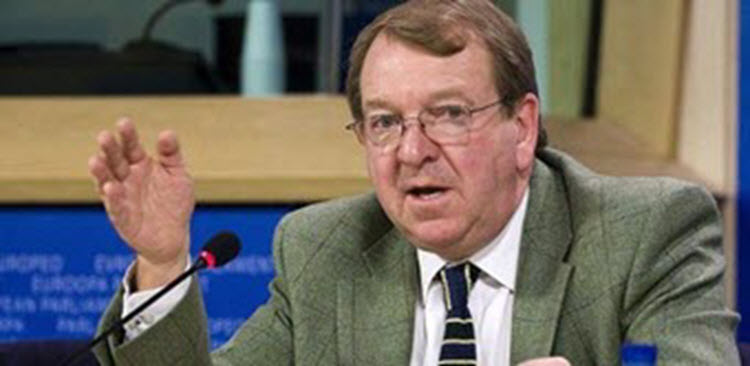
The Iranian government has launched a violent crackdown on anti-government protests within the country.
Iran’s Supreme Leader Ali Khamenei, told senior security officials that the serious “threat”, caused by teachers, trade unionists, street vendors and truck drivers, represented a “high priority” need for further repressive measures.
The regime deployed several thousand plain-clothes “morality police” in Tehran to crackdown on morality breeches like women who are not conducting themselves modestly enough. They also struck a blow to freedom of speech by monitoring and silencing unfavourable media reports and social activity.
This has not been enough to stop the protesters though; demonstrations continue in Tehran with citizens demanding job security, labour rights, an end to the corruption involving high-ranking government officials and the release of trade union leaders and political prisoners.
The regime’s response has been to increase the number of executions and other mediaeval punishments in hopes of beating the people into submission.
Since President Hassan Rouhani took office in 2013, Iran has executed over 2,300 men and 66 women. In April 2016 alone, there were 57 hangings including 4 women, a woman was publicly flogged in Golpayegan, a man had his fingers amputated and another man (previously blinded in one eye in 2015) was sentenced to have his remaining eye blinded with acid.
The United Press International agency (UPI) reports that the west is overlooking human rights violations in favour of financial gain.
A UPI article by Struan Stevenson, president of the European Iraqi freedom Association, reports that during an April visit by Federica Mogherini, the EU’s High Representative for Foreign Affairs and Security Policy, to discuss trade and cooperation following the lift of international sanctions against Iran, human rights were completely overlooked.
Stevenson, a former European lawmaker, said: “No mention was made of human rights abuse, the oppression of women, the suppression of workers, the imprisonment of journalists and the barbaric punishments that have become an everyday occurrence. We are still spellbound by Iran. We are still pursuing the failed policy of appeasement of the mullahs.”
He said that the lifting of sanctions by President Barack Obama, which released billions of dollars in frozen accounts for the mullah’s regime, has increased the danger the regime poses to its own people.
The regime now has more money to spend on weapons and to fund their terrorist organisations, Islamic Revolutionary Guards Corps (IRGC) and Quds Force. The IRGC and the Quds Force are present in every Middle Eastern conflict zone supplying weapons, funding and mercenaries to the Houthi rebels in Yemen, Hezbollah in Lebanon, Hamas in Gaza, Bashar al-Assad in Syria and the Shi’ite militias in Iraq.
Stevenson warns that Western companies should be wary of deals with Iran as they are effectively dealing with the IRGC and indirectly financing terrorism. Most recently, he cites the several billion dollars given to Assad by Tehran. Assad used this money to purchase weapons from Moscow to continue the Syrian Civil War.







